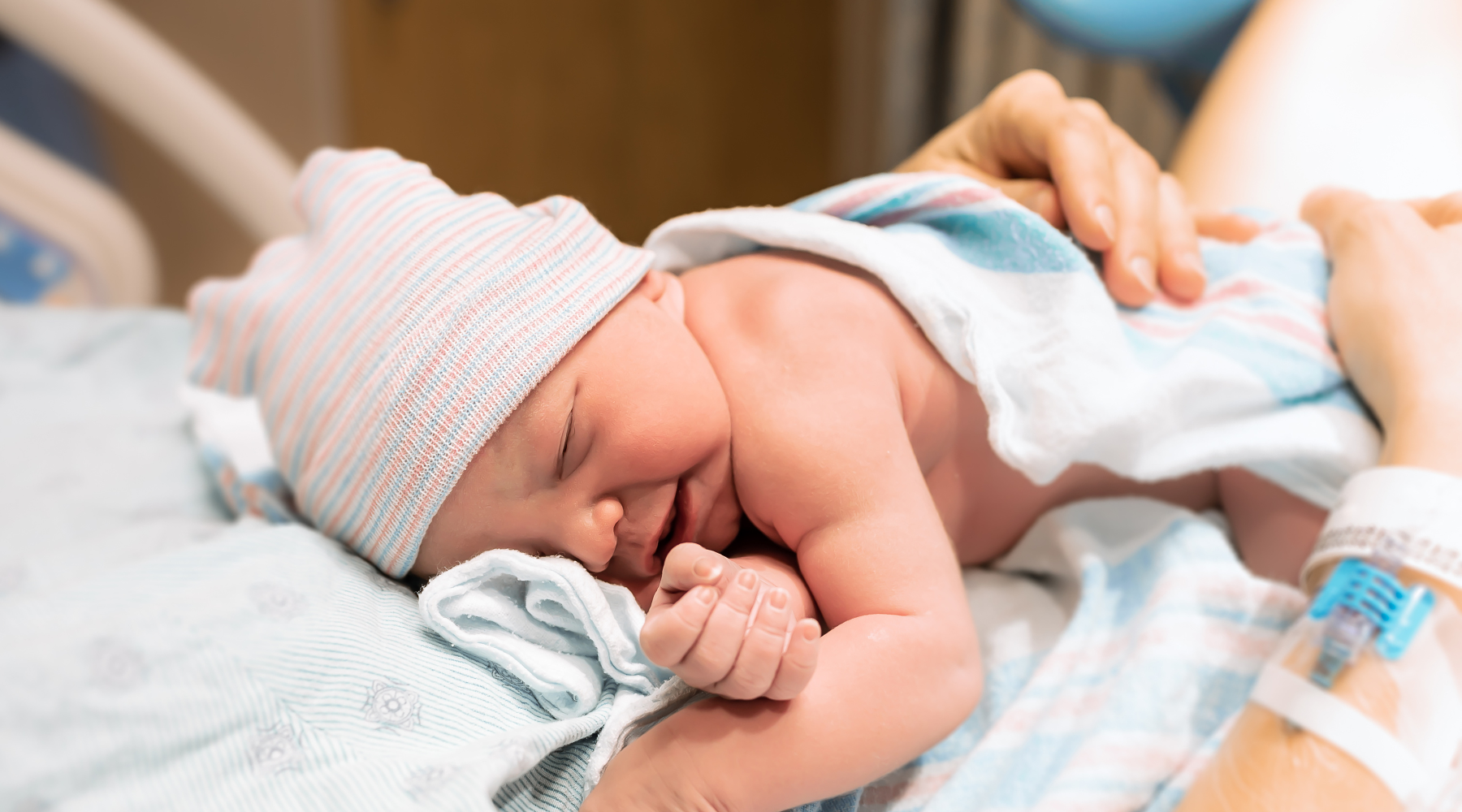Each week, OMRF Vice President of Research Dr. Rod McEver opens “Adam’s Journal” to answer a medical question from Adam Cohen, OMRF’s senior vice president & general counsel.
Adam’s Journal
Here’s a question from a friend and coworker:
My daughter is pregnant, and she’s asked me to get a whooping cough booster shot. Of course, I’ll do whatever is needed to protect my (first!) grandbaby, but if I received all the required boosters as a child, is it really necessary?
Tim Hassen
Norman
Dr. McEver Prescribes
Whooping cough, or pertussis, presents like a common cold, with runny nose or congestion, sneezing, and sometimes mild cough or fever. But in young children, the illness can progress to violent coughing – the characteristic “whoop” – and it can cause infants to have seizures and even to stop breathing.
Bacteria cause this illness, which is highly contagious and spreads through coughs and sneezes. Although there are effective vaccines, they wear off over time.
For most of us, this waning protection is not an issue. “Even though the bacteria continue to circulate in the population, if we acquire the disease when we’re older, its effects are typically mild,” said my Oklahoma Medical Research Foundation colleague Dr. Hal Scofield, an internist and member of OMRF’s Arthritis and Clinical Immunology Research Program.
So, for our own health, there’s no strong reason to re-vaccinate later in life, and the Centers for Disease Control and Prevention doesn’t recommend it.
However, infants can’t begin receiving their vaccinations (it’s a multi-shot series) until two months. If they get infected before they’re fully immunized, they can have terrible coughing fits, develop pneumonia or worse; the CDC reports that about half of infants under 12 months old who catch whooping cough require hospital treatment.
The CDC recommends that pregnant women get vaccinated, with studies showing it’s highly protective during the first months of infants’ lives. This is because some immunity passes through the placenta and because vaccination shields mothers from infection when their babies are at highest risk for serious disease.
For further protection, it makes sense for others – like grandparents – in frequent contact with babies to get re-vaccinated. Re-vaccination is safe, and a study found that three-quarters of whooping cough cases in infants under six months old could be traced to a household member.
–
Do you have a health query for Dr. McEver? Email contact@omrf.org and your question may be answered in a future column!



